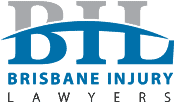Do I Need a Workers’ Compensation Lawyer?
Despite lawyers routinely being portrayed as over-priced and untrustworthy in Hollywood movies, don’t be fooled, there will come a time when you need a lawyer – and suffering a Personal Injury or Workplace Accident is definitely one of those times.


